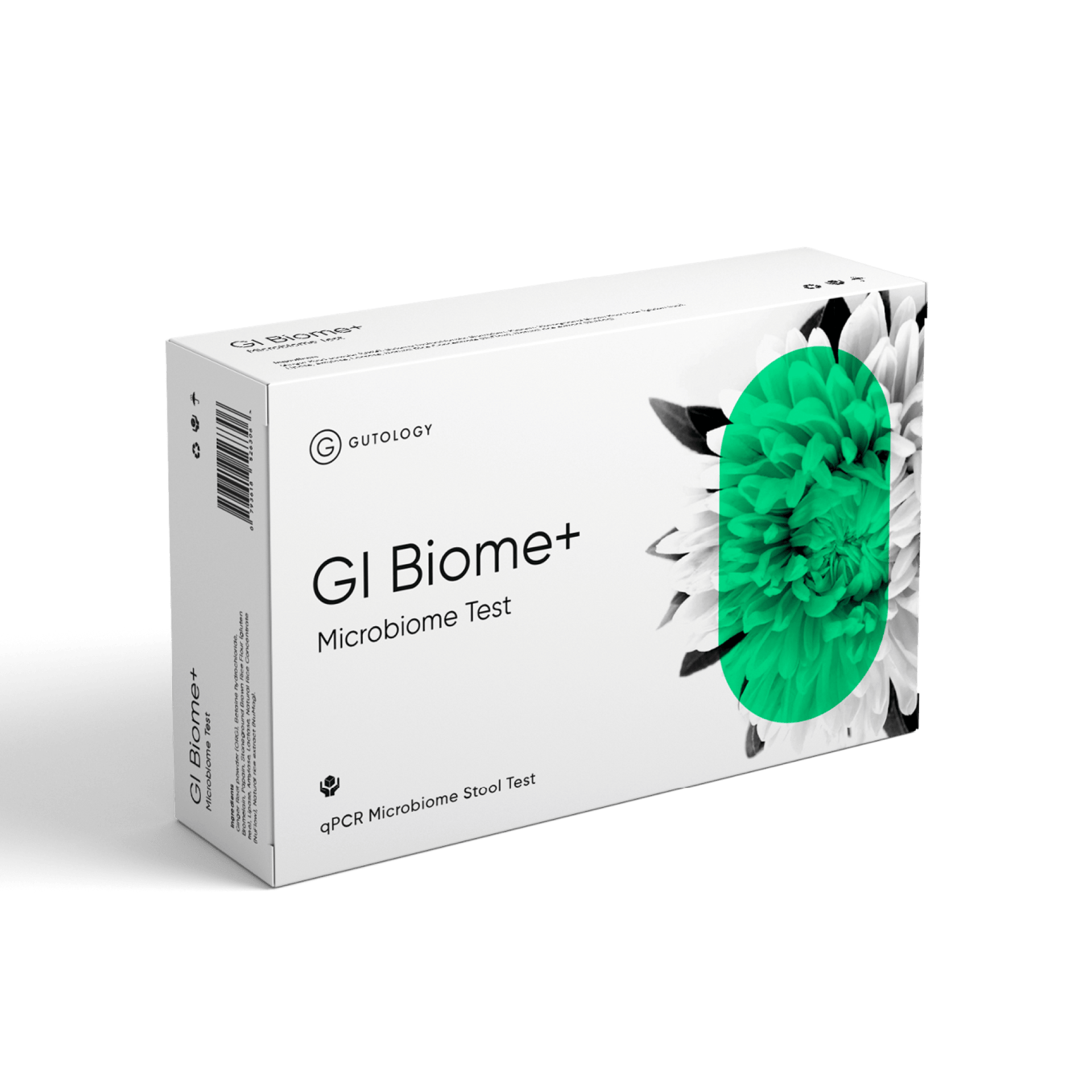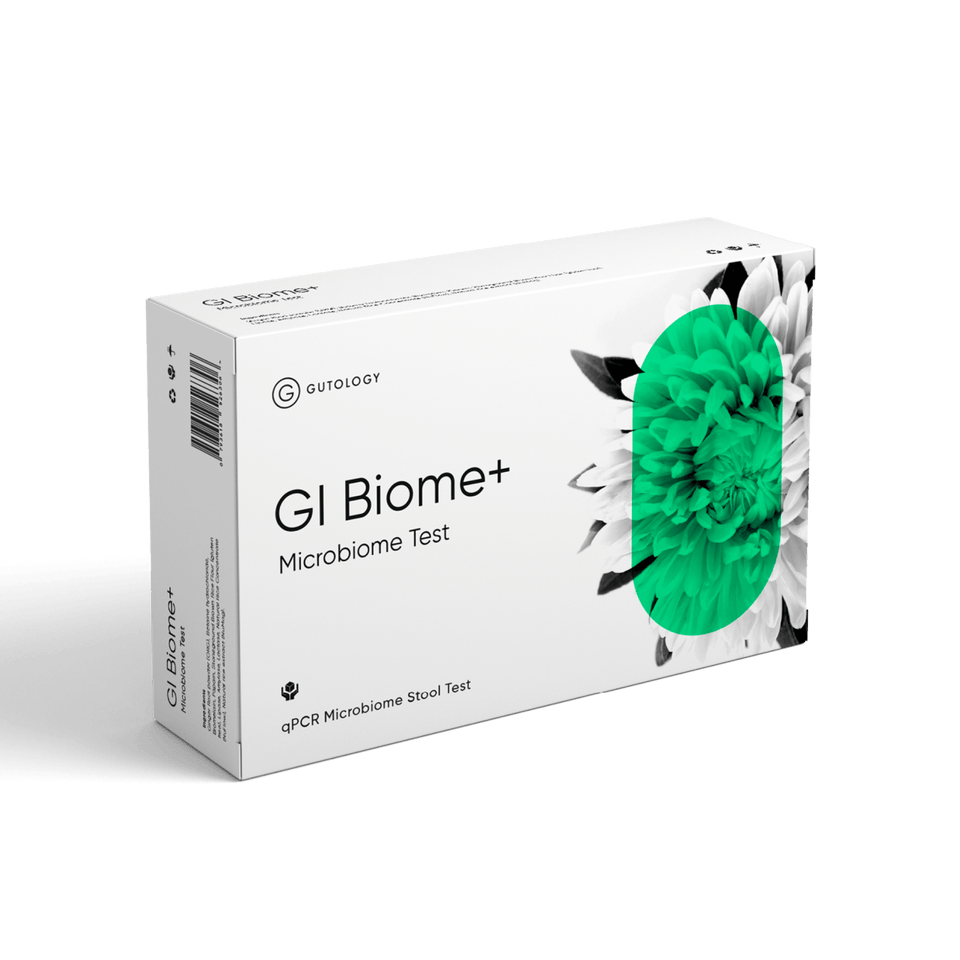Leaky gut, also called increased intestinal permeability, is gaining more credence in its role in certain health conditions. Research is developing on this matter to connect it to all sorts of diagnoses, however it is a fundamental consideration in those with autoimmune disease.
What is leaky gut?
Our gastrointestinal tract is designed so that only very small molecules can pass through, thus protecting your body from harmful substances.1 The walls of the intestines act as barriers, controlling what enters the bloodstream to be transported to your organs. The walls of the intestine have cells that are packed tightly together. The “tight junctions” between cells are only big enough to allow water and nutrients to pass through, while blocking the passage of harmful substances.1 Intestinal permeability is a measure of how easily substances pass through the intestinal wall to reach the bloodstream.1,2 When the tight junctions of intestinal walls open up, the gut becomes more permeable, which may allow larger food particles, bacteria and toxins to pass from the gut into the bloodstream.1,2 This increased permeability is often called “leaky gut.” When the gut is “leaky” it can activate the immune system causing inflammation or even a specific immune attack against the particles penetrating the gut.3

What causes leaky gut?
Put simply, the tight junctions between the intestinal cells are controlled by different proteins including a chemical called zonulin.4 Release of zonulin has been found to be triggered by infective bacteria in the intestines (for example, in cholera, E.coli, and salmonella infections) and gluten, which is a protein found in wheat and other grains.2,5,7 When the tight junctions open up wide, this causes diarrhoea as, not only can food particles, bacteria and toxins move from inside the gut through to the bloodstream, but fluid can pass the other way into the gut. It is thought that this mechanism is a response to infecting bacteria such that the diarrhoea from the influx of fluid will wash out the bacteria. The amount of zonulin release triggered by gluten (or rather the specific part of gluten called gliadin) varies from person to person with very large amounts being released in people with coeliac disease and some other conditions associated with intolerance to wheat such as irritable bowel syndrome, but much smaller amounts in those without. Everyone seems to have some zonulin release triggered by gliadin,5,7 so the high consumption of wheat in our modern diets may potentially be causing a problem even in those who aren’t sensitive to it. As well as being controlled by zonulin, the tight junctions between cells can be damaged in other ways, causing them to open. One possible cause of this damage is when the mucus layer that lines the gut and protects it from harm is thinned. When this happens, protein digesting enzymes – although an essential part of our digestion – can attack the cells lining the gut wall.8 Thinning of the mucus layer may occur when we are highly stressed9,10 Any kind of imbalance in the gut bacteria may cause leaky gut either by triggering zonulin release and/or by effects on the mucus layer or release of bacterial toxins. Thus, any food or lifestyle factors that affect the gut bacteria may contribute to leaky gut.11 Deficiencies in certain nutrients, such as glutamine (a type of amino acid), certain fats, vitamins A and D, and zinc have been implicated in increased intestinal permeability.11Certain food additives; painkillers, such as aspirin; high sugar intake; alcohol and stress have all been shown to increase intestinal permeability.10,12
How do I know if I have leaky gut?
Some conditions are known to be connected with leaky gut: if you have been diagnosed with one of these, it is likely you have leaky gut:
- Coeliac disease5,7
- Crohn’s disease13,15
- Irritable bowel syndrome16,18
- Diabetes3,19,20
- Food allergies12
- Other conditions in which leaky gut is claimed to play a role (but has not been proved) include autism19, anxiety and depression,24 and allergies, such as asthma and eczema.25,26
It is possible to test for leaky gut, by consuming a substance which is not normally digested or taken up by the body and then testing to see if it appears in the bloodstream. Also, zonulin levels are measurable from a stool sample. However, recent advances in microbiome testing can give a greater picture of the whole gut environment and may be of more value than a single assessment of gut permeability as it is so important to understand the cause of it.
What do I do if I think I might have leaky gut?
- Try our 6 Week Plan
- Listen to Episode 4 of Season 1 of our podcast
- Read our article on healing your gut with the 5R approach
- Consult with one of our BANT qualified "gutologists" in our online clinic
- Find a reputable nutritional therapist in your area via the BANT network or via the Institute of Functional Medicine
- Arrieta MC, Bistritz L, Meddings JB. Alterations in intestinal permeability. Gut. 2006;55(10):1512-1520. doi:10.1136/gut.2005.085373
- Fasano A. intestinal permeability and its regulation by zonulin: diagnostic and therapeutic implications. Clin Gastroenterol Hepatol. 2012. doi:10.1016/j.cgh.2012.08.012
- Fukui H. Increased intestinal permeability and decreased barrier function: does it really influence the risk of inflammation? Inflamm Intest Dis. 2016;1(3):135-145. doi:10.1159/000447252
- Fasano A. Zonulin and its regulation of intestinal barrier function: the biological door to inflammation, autoimmunity, and cancer. Physiol Rev. 2011. doi:10.1152/physrev.00003.2008
- Hollon J, Puppa E, Greenwald B, Goldberg E, Guerrerio A, Fasano A. Effect of gliadin on permeability of intestinal biopsy explants from celiac disease patients and patients with non-celiac gluten sensitivity. Nutrients. 2015;7(3):1565-1576. doi:10.3390/nu7031565
- Lammers KM, Lu R, Brownley J, et al. Gliadin induces an increase in intestinal permeability and zonulin release by binding to the chemokine receptor CXCR3. Gastroenterology. 2008;135(1):194-204.e3. doi:10.1053/j.gastro.2008.03.023
- Drago S, El Asmar R, Di Pierro M, et al. Gliadin, zonulin and gut permeability: Effects on celiac and non-celiac intestinal mucosa and intestinal cell lines. Scand J Gastroenterol. 2006. doi:10.1080/00365520500235334
- Van Spaendonk H, Ceuleers H, Witters L, et al. Regulation of intestinal permeability: The role of proteases. World J Gastroenterol. 2017;23(12):2106. doi:10.3748/wjg.v23.i12.2106
- Chang M, Alsaigh T, Kistler EB, Schmid-Schönbein GW. Breakdown of mucin as barrier to digestive enzymes in the ischemic rat small intestine. Heimesaat MM, ed. PLoS One. 2012;7(6):e40087. doi:10.1371/journal.pone.0040087
- Vancamelbeke M, Vermeire S. The intestinal barrier: a fundamental role in health and disease. Expert Rev Gastroenterol Hepatol. 2017;11(9):821-834. doi:10.1080/17474124.2017.1343143
- Bischoff SC, Barbara G, Buurman W, et al. Intestinal permeability–a new target for disease prevention and therapy. BMC Gastroenterol. 2014;14:189. doi:10.1186/s12876-014-0189-7
- Utzeri E, Usai P. Role of non-steroidal anti-inflammatory drugs on intestinal permeability and nonalcoholic fatty liver disease. World J Gastroenterol. 2017;23(22):3954. doi:10.3748/wjg.v23.i22.3954
- Hollander D, Vadheim CM, Brettholz E, Petersen GM, Delahunty T, Rotter JI. Increased intestinal permeability in patients with Crohn’s disease and their relatives. A possible etiologic factor. Ann Intern Med. 1986;105(6):883-885.
- El-Tawil AM. Zinc Supplementation tightens leaky gut in Crohnʼs disease. Inflamm Bowel Dis. 2012;18(2):E399. doi:10.1002/ibd.21926
- Chan D, Kumar D, Mendall M. What is known about the mechanisms of dietary influences in Crohn’s disease? Nutrition. 2015;31(10):1195-1203. doi:10.1016/j.nut.2015.04.018
- Gecse K, Róka R, Séra T, et al. Leaky Gut in Patients with diarrhea-predominant irritable bowel syndrome and inactive ulcerative colitis. Digestion. 2012;85(1):40-46. doi:10.1159/000333083
- Dunlop SP, Hebden J, Campbell E, et al. Abnormal intestinal permeability in subgroups of diarrhea-predominant irritable bowel syndromes. Am J Gastroenterol. 2006;101(6):1288-1294. doi:10.1111/j.1572-0241.2006.00672.x
- Camilleri M, Lasch K, Zhou W. Irritable Bowel Syndrome: Methods, Mechanisms, and Pathophysiology. The confluence of increased permeability, inflammation, and pain in irritable bowel syndrome. Am J Physiol Liver Physiol. 2012;303(7):G775-G785. doi:10.1152/ajpgi.00155.2012
- Visser J, Rozing J, Sapone A, Lammers K, Fasano A. Tight junctions, intestinal permeability, and autoimmunity: celiac disease and type 1 diabetes paradigms. Ann N Y Acad Sci. 2009;1165:195-205. doi:10.1111/j.1749-6632.2009.04037.x
- Sapone A, De Magistris L, Pietzak M, et al. Zonulin upregulation is associated with increased gut permeability in subjects with type 1 diabetes and their relatives. Diabetes. 2006. doi:10.2337/db05-1593
- Samadi N, Klems M, Untersmayr E. The role of gastrointestinal permeability in food allergy. Ann Allergy Asthma Immunol. 2018;121(2):168-173. doi:10.1016/j.anai.2018.05.010
- Ventura MT, Polimeno L, Amoruso AC, et al. Intestinal permeability in patients with adverse reactions to food. Dig Liver Dis. 2006;38(10):732-736. doi:10.1016/j.dld.2006.06.012
- Esnafoglu E, Cırrık S, Ayyıldız SN, et al. Increased serum zonulin levels as an intestinal permeability marker in autistic subjects. J Pediatr. 2017;188:240-244. doi:10.1016/j.jpeds.2017.04.004
- Evrensel A, Ceylan ME. The gut-brain axis: the missing link in depression. Clin Psychopharmacol Neurosci. 2015;13(3):239-244. doi:10.9758/cpn.2015.13.3.239
- Walker J, Dieleman L, Mah D, Park K, Meddings J, Vethanayagam D. High prevalence of abnormal gastrointestinal permeability in moderate-severe asthma. Clin Invest Med. 2014;37(2):E53-7.
- Rosenfeldt V, Benfeldt E, Valerius NH, Pærregaard A, Michaelsen KF. Effect of probiotics on gastrointestinal symptoms and small intestinal permeability in children with atopic dermatitis. J Pediatr. 2004;145(5):612-616. doi:10.1016/j.jpeds.2004.06.068



